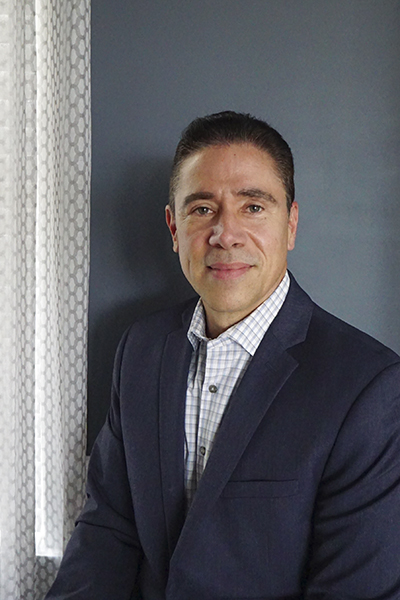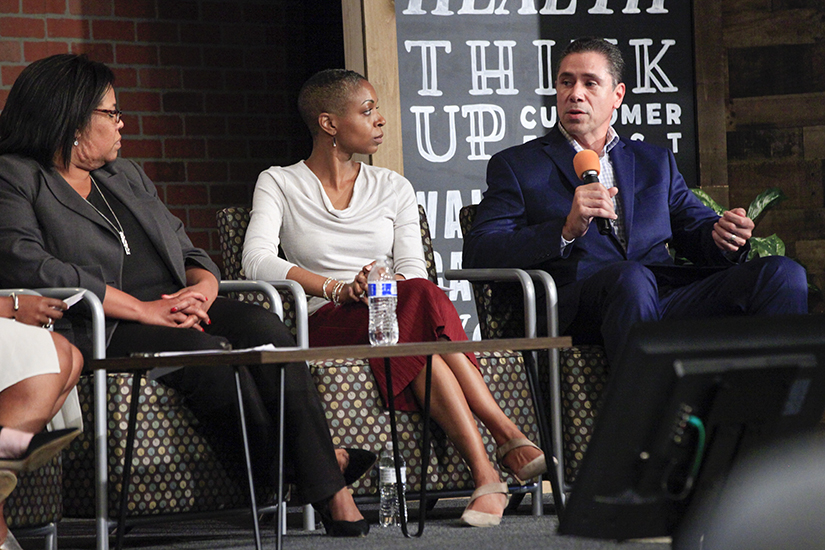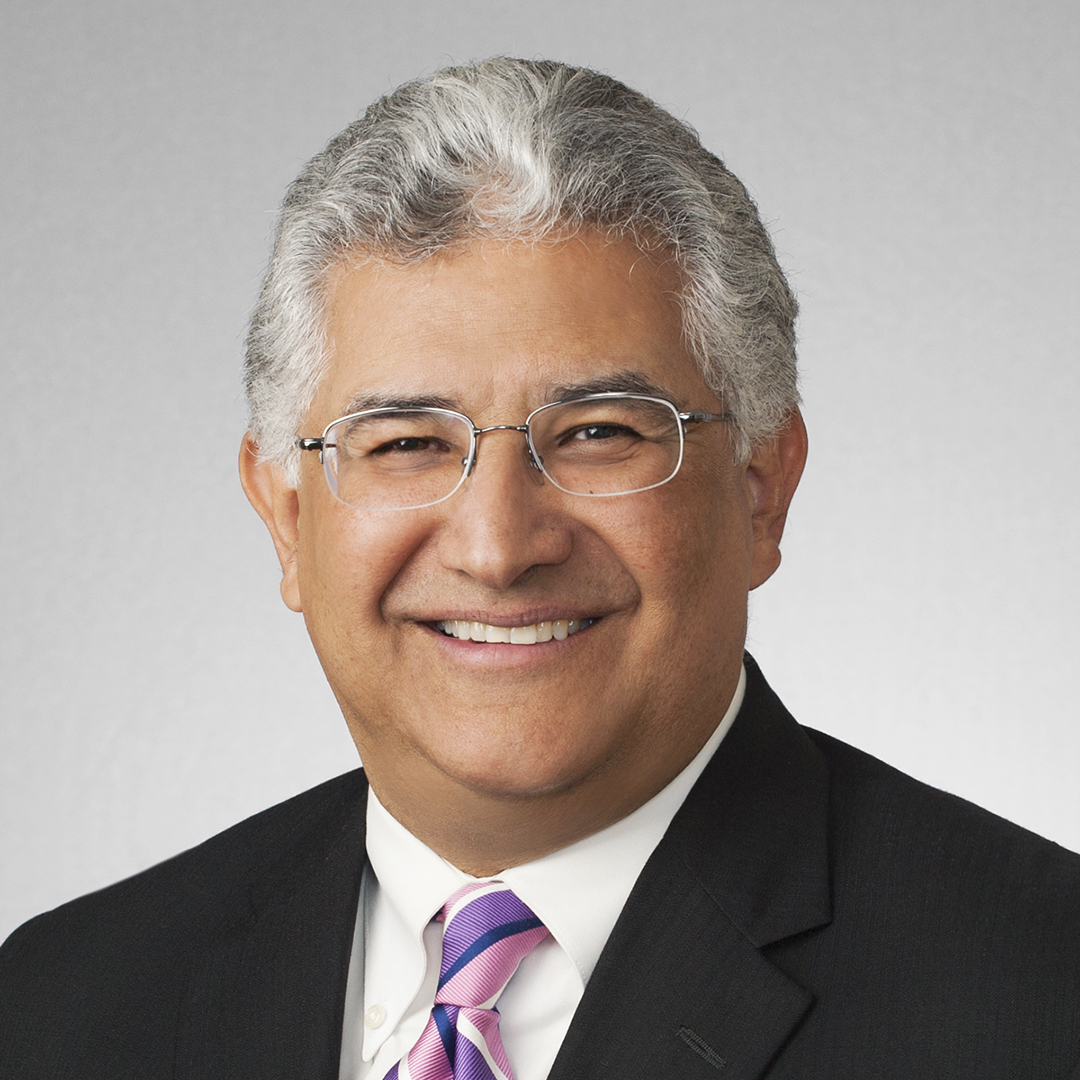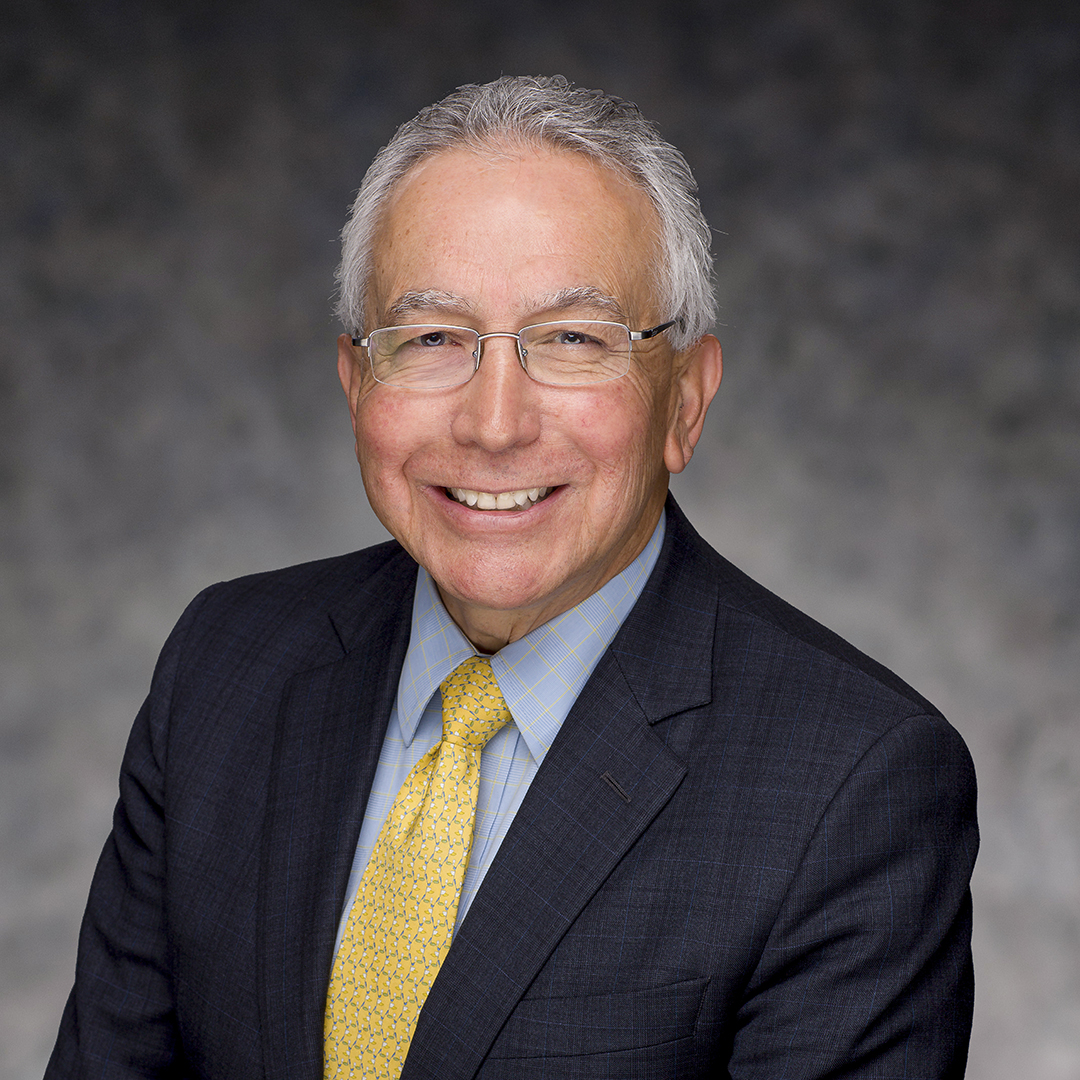|
Getting your Trinity Audio player ready...
|
When Peter Perez took a call center agent job for the American Automobile Association (AAA), he had no inkling that it would transform his career. During his first day on the phones, the New York region was hit by a major snowstorm, prompting service calls to skyrocket. “It was tough to have to tell people that they had to wait two hours for service,” Perez recalls. Their reactions were unpleasant in a decidedly New York manner, and by the end of the day, Perez was worn out and discouraged. “I told the supervisor that this was not for me,” he says.

The supervisor took his reaction in stride and pleaded with him to give it one more try. Perez agreed, and by the following morning the snow had stopped. That day was normal, both in terms of the volume of calls and the moods of callers, and Perez quickly realized that he shouldn’t take callers’ anger and frustration personally. They were seeking help under circumstances that would try anyone’s temper.
More importantly, Perez realized that he was passionate about helping people directly.
That epiphany led to a thirty-year call center career in a few different industries, culminating with his current position as vice president of operations and member/provider experience with healthcare insurance provider Highmark Inc. Affiliated with Blue Cross and Blue Shield, Highmark operates health insurance plans in Pennsylvania, Delaware, and West Virginia that serve 5.2 million members.
As an executive responsible for services that directly impact the health and well-being of millions, Perez looks back with pride and amazement over his life’s journey. “We were not affluent,” he says of his upbringing in New York City. “We were a working-class family living from week to week as best as we could.”
Crime was prevalent in his Brooklyn neighborhood, and some of his childhood friends joined gangs and “got caught up in that world,” Perez says. “I wanted more out of life and had a strong desire to be successful.” And he pursued every chance he had to lift himself out of those challenging circumstances. Throwing himself into his studies, he got good grades and graduated a year early from high school.
Perez landed a job after graduation as a messenger for the financial services giant Bear Stearns. But this seemingly entry-level job, like the call center job that Perez obtained later on, turned out to be a formative experience. His job was to distribute reports from the previous day’s trading to Bear Stearns’ Wall Street clients. Every morning, he chatted with Bear Stearns traders, asking pointed questions about their work. Impressed by the young man’s intelligent inquiries, a manager offered Perez a reports analyst job, which he eagerly accepted. It was a terrific learning opportunity, Perez says. “I got to understand Wall Street well.”
“[Healthcare] was an industry that I needed to be in. You can help people make decisions that can extend lives.”
That experience provided a foundation for Perez, leading to multiple stints in various call center-related management positions in the insurance and financial services sectors. At one of those posts, he interacted with a client who provided disease management services that helped subscribers deal with end-of-life care and chronic conditions such as diabetes.
Struck by the possibility of using call centers to directly improve people’s lives and well-being, Perez enthusiastically embraced an opportunity to shift his career to the healthcare world. “This was an industry that I needed to be in,” Perez explains. “You can help people make decisions that can extend lives.” Healthcare seemed even more fitting once Perez began dealing with care services related his father’s declining health: he saw firsthand the value of medical personnel responding to families’ questions about a loved one’s healthcare plan.
Perez is not alone in his determination to drive improvements for both patients and the organizations dedicated to serving patients. “At NASCO, we share in Peter’s desire to improve the member and provider experience,” says CEO and President John Ladaga. “We’re proud to partner with Peter and the Highmark family on innovative solutions that further promote meaningful connections and improved health and lives.”
At Highmark, Perez leads a 1,900-person department that serves insurance plan members and healthcare providers. Dispensing accurate information about wellness, insurance plan benefits, provider information, and billing is their essential function, and maintaining quality of service is an ongoing focus.

For example, when the COVID-19 pandemic struck in spring 2020, telehealth became a vital avenue for members and providers. In response, the Highmark Health Plan expanded coverage for telehealth services to all members, including self-funded customers who had previously opted out of telehealth coverage. Highmark also waived deductibles, coinsurance, and copayments for most clients. The goal was to ensure that members could continue to receive care without potentially exposing themselves to the virus with in-person visits, and for providers to continue to operate and get paid for their services.
It was a fast-moving, complex situation that demanded call center associates to quickly get up to speed on the details of the new plans. Complicating matters was a shift to telecommuting for the entire company, including Perez’s department. To help employees adjust to the new work environment and the policy changes regarding COVID-19, Perez’s team put together training videos and virtual meetings. And to continue to foster esprit de corps, the team developed virtual contests, expanded recognition programs, and virtual happy hours.
Now, the majority of Perez’s team prefers working from home. “We’re actually seeing increased productivity and engagement,” he says. For many, working at home eliminates the distractions of the office, enabling people to be more focused.
That focus has been extremely beneficial during an unprecedented event that has highlighted the strategic importance of both the call center and other customer support areas to the organization. Many corporate leaders across the industry have recently realized just how important these departments are to companies’ success, Perez notes.
Call centers used to be considered a necessary evil, Perez says, a costly overhead expense. But in fact, these centers have turned out to be a vital connection to customers, a connection that can foster stronger brand loyalty when employees provide stellar service. Perez may have sensed that fact during his short stint as a call center agent for AAA, but he now sees it clearly in his role at Highmark.

